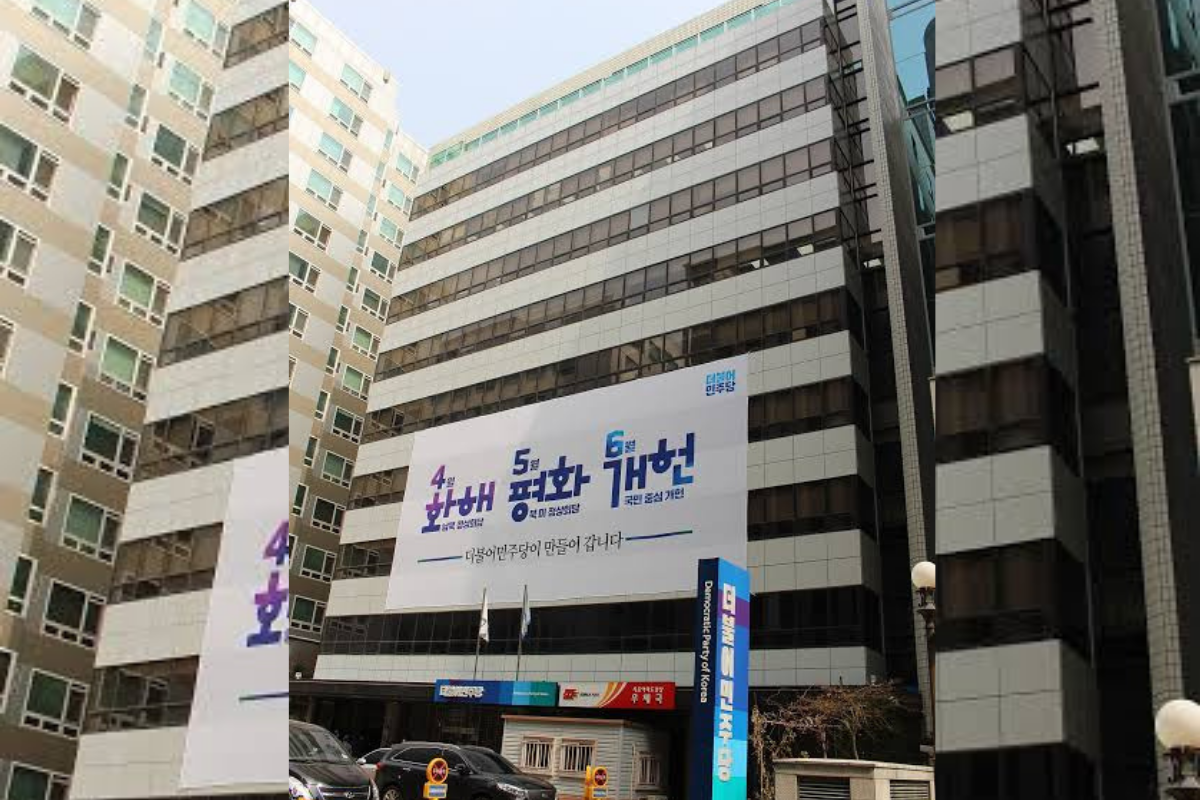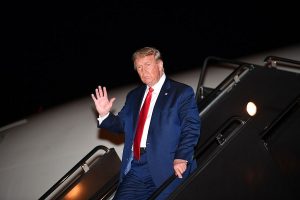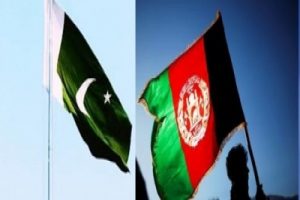It is unprecedented that most lawmakers of the party attended the official ceremony to memorialize the civil revolt, which has long been associated with the liberal Democratic Party of Korea. On May 18, 1980, Gwangju citizens rose up against the then-military junta led by the late President Chun Doo-hwan. The conservative party has kept a distance from it amid perceptions its roots have ties to Chun.
The Democratic Party also had more than 100 of its lawmakers at the event. It is noteworthy that Yoon and his party showed a strong will to unite the people under the May 18 spirit. Yoon defined the essence of the May spirit as one of “liberal democracy and human rights.” It was expressing a future-oriented perspective. Former conservative Presidents Lee Myung-bak and Park Geuhye also attended the May 18 anniversary ceremonies during their presidencies, but amid controversy and conflict. “The values of a liberal democracy and human rights are a philosophy of integration that binds our people together,” Yoon said in a speech during the ceremony. “That is why the May spirit that defended our liberal democracy in blood is the cornerstone for national unity.”’
Advertisement
“The May spirit is a restoration of universal values and nothing less than the liberal democratic spirit of the Constitution,” he said. The president said the spirit of the uprising lives on and demands the current generation stand up against all illegal acts that threaten freedom and human rights. His view of the May 18 spirit is indisputable and desirable.
It offers a fresh angle that includes the May 18 in conservative ideals. May 18 has been commemorated each year since it was designated as a legal anniversary in 1997, but disturbances and disputes have dogged official ceremonies to remember the day. One issue was whether only a choir should sing the signature song for the uprising, “March for the Beloved,” or attendees should sing along during a ceremony.
Under the Lee administration, the song was taken from the ceremony after protests from a conservative group. It was included again in 2011, but former President Park did not sing along. The ceremony became an occasion for conflict, rather than one that unites the people. This time, attendees sang the song together. Yoon and People Power Party lawmakers also sang along in a dignified fashion, with some holding hands. They prevented possible disputes over the singing of the song. Unnecessary conflicts have gone on for too long over the uprising and its anniversary ceremony.
Some conservative figures denigrated or distorted the May 18 Democratic Uprising, inviting a backlash from residents in Gwangju and its surrounding provinces.
We hope that the attendance by Yoon, government officials and ruling party lawmakers at this year’s anniversary will help sever ties with them. It is also time to eliminate a distorted perception that the uprising is an exclusive realm for a certain region and political camp. Monopolizing the history of the May 18 uprising undermines national unity and liberal democracy. In November last year when Yoon was a presidential candidate, protesters blocked his way to the May 18 Memorial Monument.
In February, Yoon tried to get closer to the monument, but was unable to burn incense to pay his respects there. And yet, finally he set foot toward integration.











